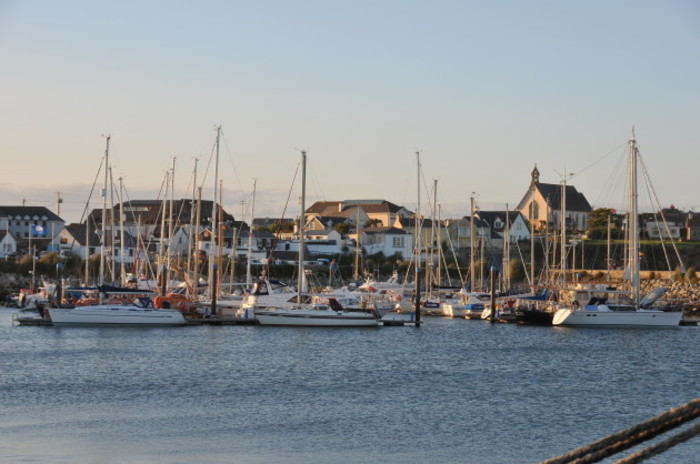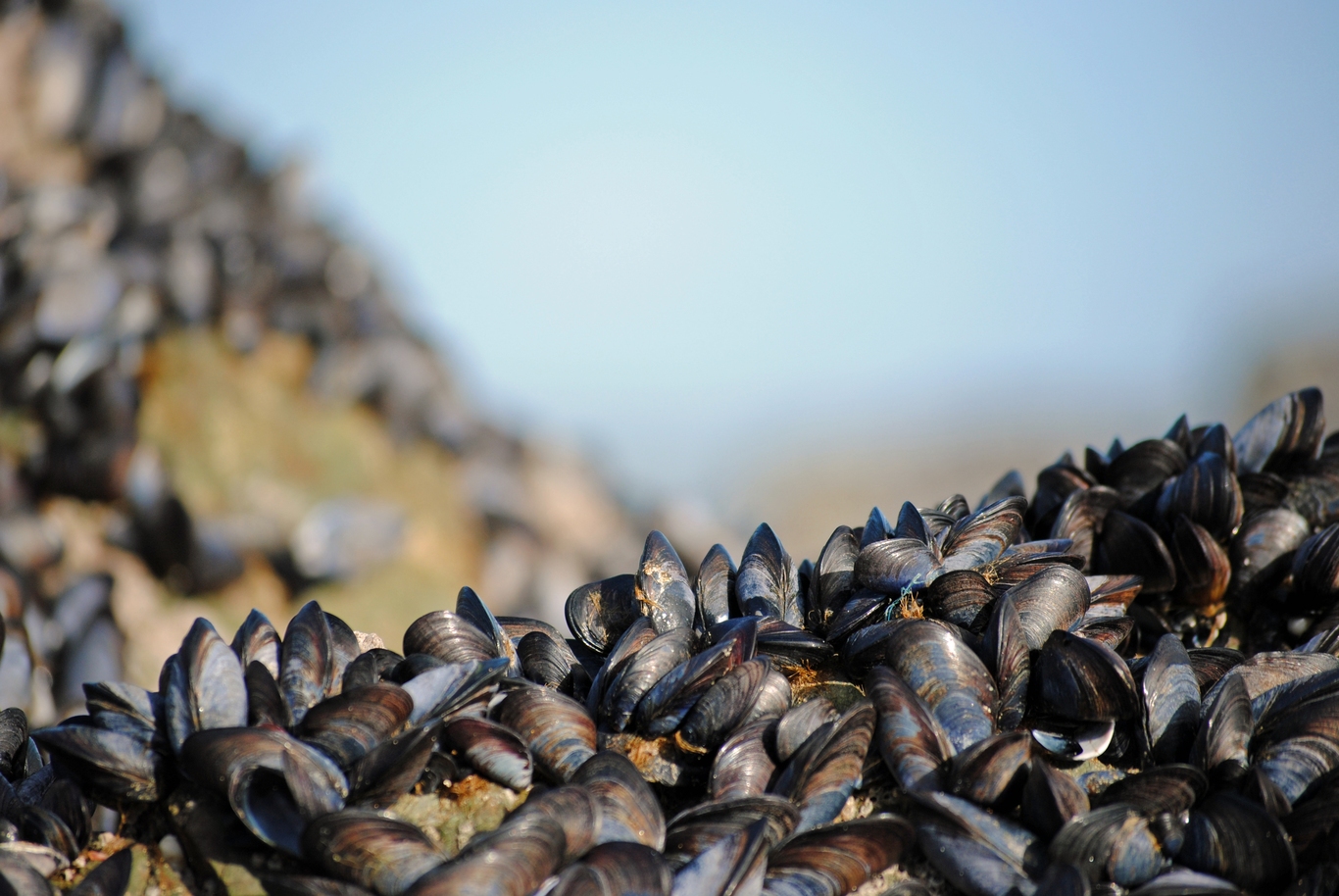Wexford mussels farmers are fighting two dairy giants' 'catastrophic' wastewater plan
The dispute centres on a plant jointly owned by offshoots of Glanbia and Danone.
WEXFORD MUSSELS GROWERS are fighting a liquid waste licence for subsidiaries of dairy giants Glanbia and Danone, claiming it could have “catastrophic” effects on their farms.
Glanbia Ingredients Ireland and the Danone-owned Nutricia Infant Nutrition were recently granted a renewed ‘trade effluent discharge licence’ for a wastewater treatment plant that handles refuse from a factory in the Rocklands area of Wexford town.
The facility, which discharges into the town’s harbour, is jointly owned by the two companies. It handles all wastewater arising from Glanbia’s production of cheddar cheese and its byproduct, whey concentrate, and Nutricia’s production of baby formula.
The companies last year received planning approval from Wexford County Council to upgrade the Rocklands factory, which includes an extension of the wastewater treatment plant. Glanbia is putting €35 million into the upgrade.
In May of this year, both companies were granted the licence to handle a rise in wastewater that’s expected to come from an increase in production at the Rocklands factory.
 Wexford Harbour
Wexford Harbour
‘Catastrophic’
However, seafood firms River Bank Mussels, TL Mussels and Loch Garman Mussels have joined forced to appeal the council’s decision to grant the licence.
In a letter to An Bord Pleanála, sent by Ebrill Solicitors on behalf of the three firms, the companies voiced concerns over possible “catastrophic effects” the extra waste might have on their mussels farms.
“It may be some time before the effects are realised and the source(s) identified,” they said.
The letter highlights that one of the likely impacts of the upgraded wastewater plant is “increased nutrient loading” into the south of Wexford Harbour. They said this could result in harmful algal blooms leading to the death of ‘benthic fauna’, of which mussels are a species.
The firms were concerned that Glanbia and Nutricia didn’t perform a study to look at the effect the extra waste might have on “the development of the mussel nor on the safety or health of the mussel and its suitability for human consumption”.
Announcing the extension at Rocklands last year, Glanbia said the €35 million upgrade was needed to increase cheese processing capacity and “deliver a very valuable whey stream for the sports nutrition sector, which is one of Glanbia’s key market platforms”.
The factory produced almost 20,000 tonnes of cheddar cheese in 2015, the company said. Glanbia added at the time that it was rolling out a Wexford-branded cheese into the Middle Eastern region.
An Bord Pleanála is due to make its decision by mid-October.






